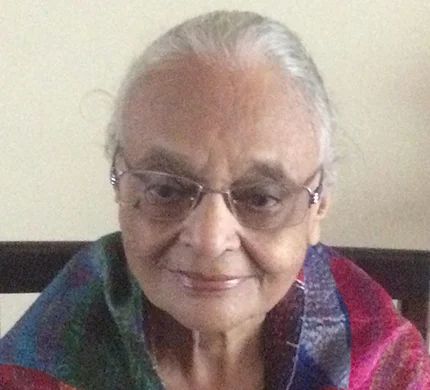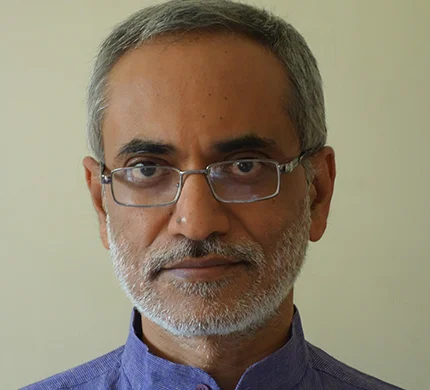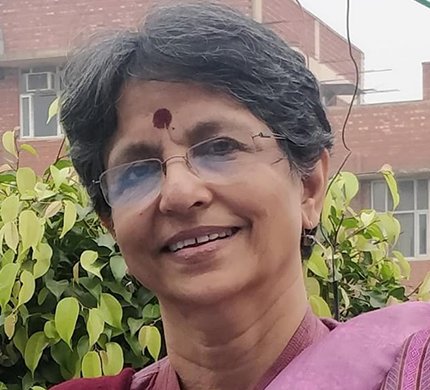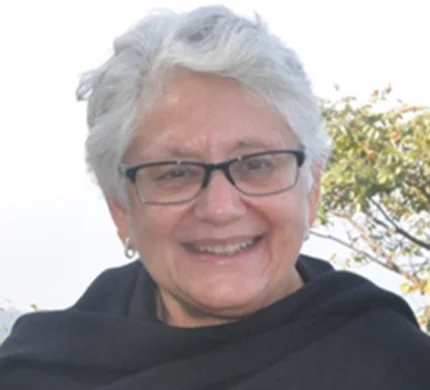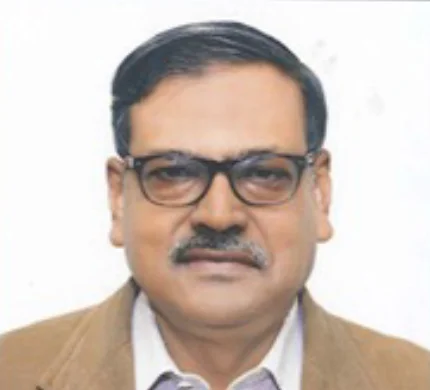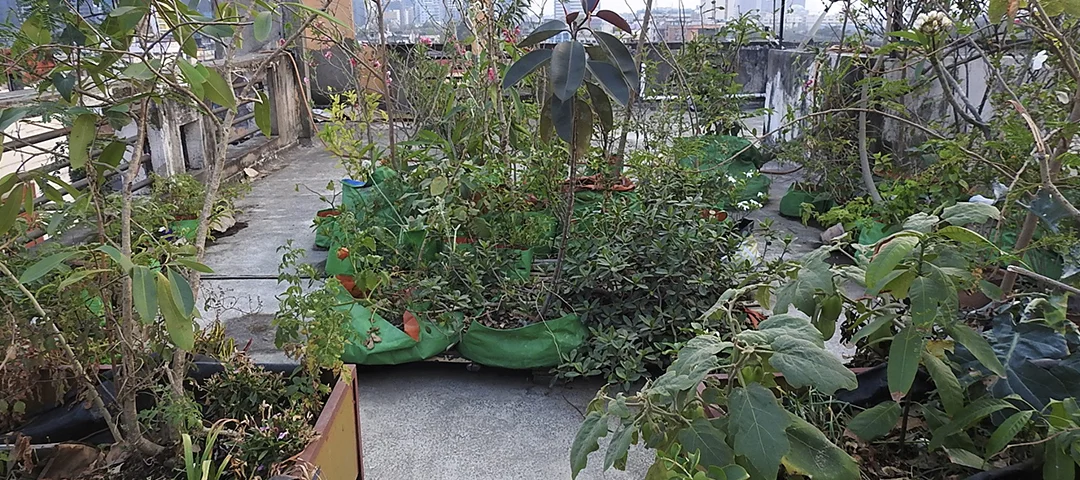
Food is a fundamental aspect of our everyday life with deep connections to sustainability and social justice. Unfortunately, our current conventional, industrial food systems form a core part of the ecological crises. To engage with them, we require a radical transformation of our relationship with the food we eat, acknowledging that we as humans are also a part of the natural environment. Recognizing the interdependence of agrobiodiversity, soil health, and indigenous knowledge about nutrition and wellbeing requires the collective participation of diverse socio-economic groups at the local level. Efforts to encourage such involvement will be a robust systemic response to the ‘wicked problem’ of unsustainable food systems and climate change. In this project, we focus our research on exploring the potential of local urban food systems in promoting socio-cultural and ecological sustainability. The discourse and practices in India are relatively understudied, and we aim to examine local knowledge systems and the spatial, climatic and socio-economic considerations in Indian cities through our work. Specifically, our research entails gathering narratives from practising urban farmers from various socio-economic backgrounds and developing interactive workshops and an illustrated handbook to describe the possibilities of sustainable food systems.
Key Words: Urban Farming, Sustainable Food Systems, Communities of Practice, Socio-Ecological Systems, Just Transitions
Key Themes:
Cities, Urban Farming
Project Site:
Pune and Mumbai, Maharashtra
Principal Investigator:
Deborah Dutta
Co-Investigator:
Amrita Hazra

